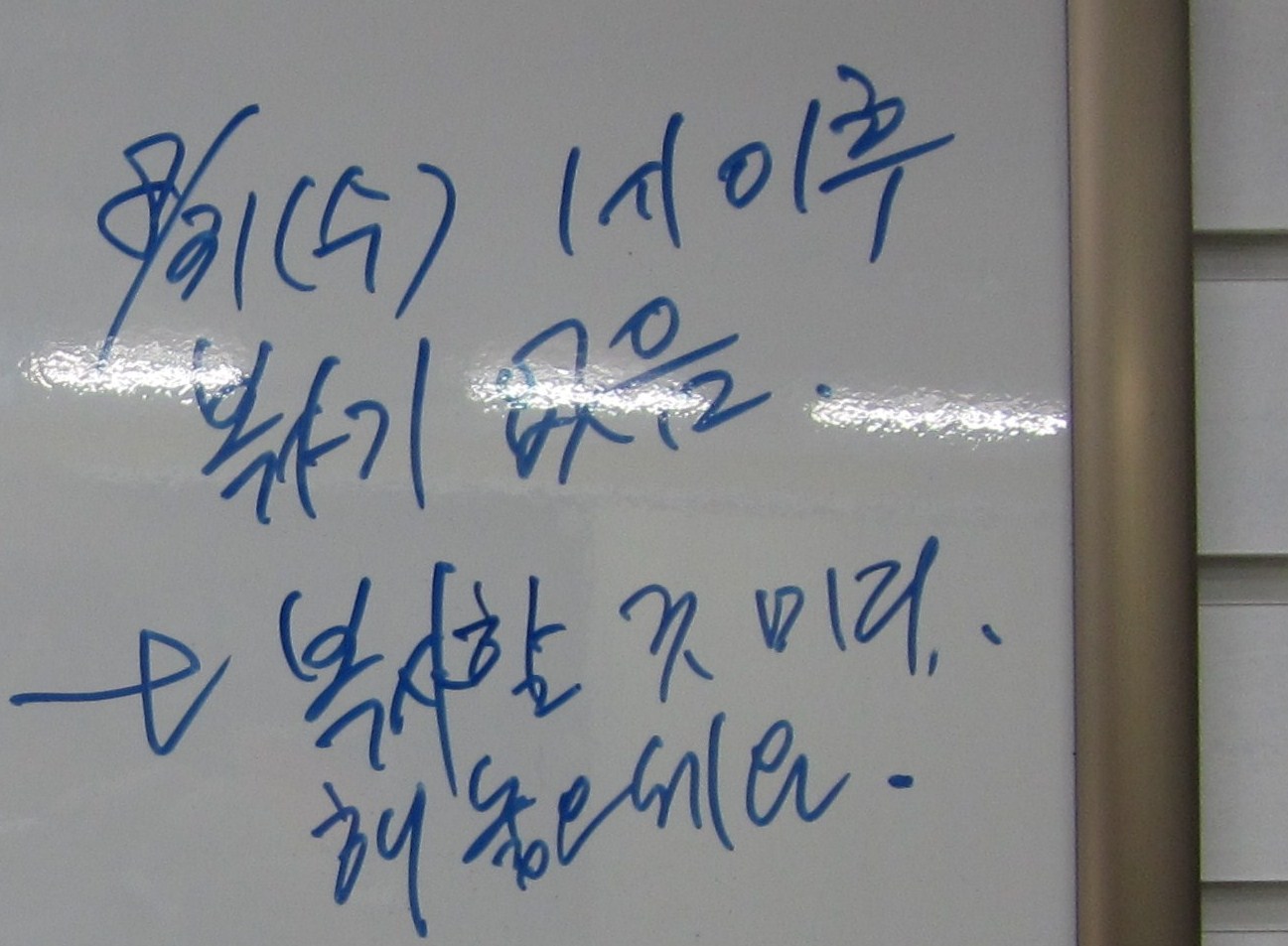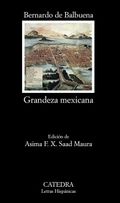“Buddha. I bow and pray not to get angry.”
This is #85 out of a series of 108 daily Buddhist affirmations that I am attempting to translate with my hands tied behind my back (well not really that, but I’m deliberately not seeking out translations on the internet, using only dictionary and grammar).
…
83. 항상 스님의 가르침을 따르기를 발원하며 절합니다.
“I bow and pray to follow always the teachings of the monks.”
84. 부처님. 저는 욕심을 내지 않기를 발원하며 절합니다.
“Buddha. I bow and pray not to be greedy.”
85. 부처님 . 저는 화내지 않기를 발원하며 절합니다.
I would read this eighty-fifth affirmation as: “Buddha. I bow and pray not to get angry.”
Today, I thought of getting angry but really there was no point. There was no copy machine. Which is also the main printer (so there was no printer except for the slow slow color one). I asked, “what happened to the copy machine?”
I was told we didn’t have one today. Maybe it’s being serviced? My boss pointed at the whiteboard that serves as a bulletin board in the office. “Didn’t you see? I wrote it, right there.”
Here is what was written on the white board:

“Ah,” I said. “That should’ve been obvious, then.” I guess I was being a little bit sarcastic.
Because, no, I didn’t read the notice on the bulletin board. I didn’t even try.
Setting aside that fact that I tune out Korean in these contexts to some extent, the handwriting is exceptionally messy, too. I just didn’t see the point in trying to decipher it. Obviously, I made a mistake.
Looking at it, now, I can see it says something about the copier, and about copying beforehand. I still can’t figure out the last verb – but yes. I can get the drift.
I’ve learned a small lesson. It’s one I’ve learned, repeatedly, before: the “Korean communication taboo” isn’t as all-encompassing as it appears to foreigners. But overcoming it does require one to put the effort into understanding the language and paying attention to the appropriate channels of communication.








